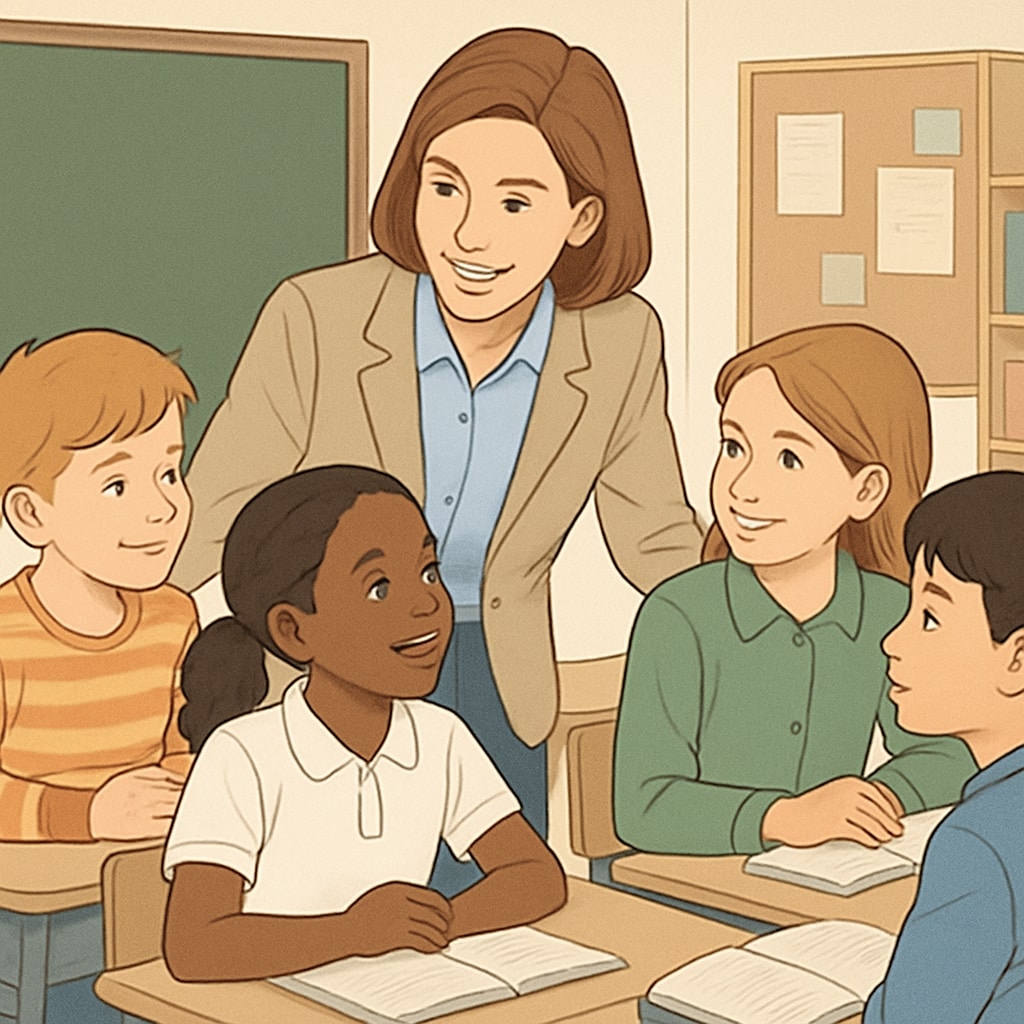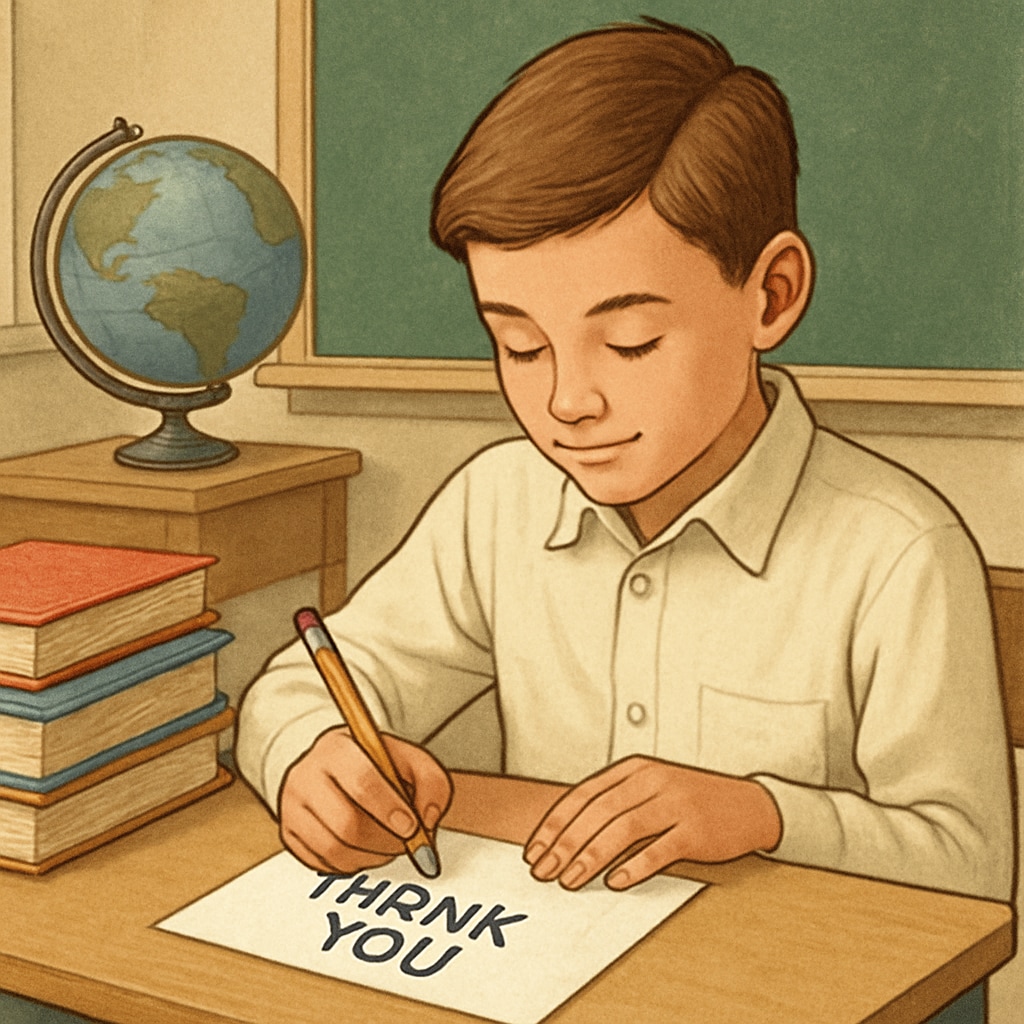In education, respect has the power to transform lives. When students experience genuine acknowledgment and understanding from their teachers, they often express profound gratitude. This dynamic—where respect fosters personal growth—underscores the importance of seeing students not just as learners but as individuals with unique stories and aspirations. The bond created through respect and mutual acknowledgment is one of the most impactful elements in shaping the future of education.

The Transformative Role of Respect in Education
Respect in education goes beyond the exchange of knowledge; it builds bridges between students and educators. When teachers genuinely listen, observe, and value their students’ perspectives, they empower these young minds to grow. For example, a teacher who takes time to understand a struggling student’s challenges can inspire resilience and confidence in that individual.
Research shows that positive teacher-student relationships contribute significantly to academic success and emotional well-being. Institutions like Britannica highlight how mutual respect fosters a healthy learning environment, leading to better performance and personal development.
Students’ Gratitude: A Reflection of Recognition
Students often express their gratitude when they feel truly seen and respected by their teachers. This gratitude is not superficial; it stems from a deeper sense of connection and validation. When educators acknowledge a student’s individuality, they send a powerful message: “You matter.”
For example, a simple act such as addressing a student by their name or asking about their interests can create a lasting impact. As a result, students feel more confident and motivated, which reflects in their academic and personal achievements.

How Teachers Can Foster Respect
Creating an atmosphere of respect in the classroom requires intentional actions. Here are some strategies for educators:
- Active Listening: Take time to hear students’ thoughts and concerns without interrupting.
- Empathy: Put yourself in their shoes to understand their challenges and aspirations.
- Individual Attention: Acknowledge each student’s uniqueness and avoid comparisons.
- Encouragement: Celebrate their efforts and progress, no matter how small.
By adopting these practices, teachers can foster an environment where students feel valued and respected. Studies from Wikipedia emphasize that such environments have profound effects on students’ emotional health and learning outcomes.
The Ripple Effect of Respect
When respect becomes a cornerstone of education, its impact extends far beyond the classroom. Students who feel valued are more likely to develop self-respect and empathy toward others. This creates a ripple effect, shaping them into compassionate and confident individuals who contribute positively to society.
Moreover, students who experience respect are more likely to model this behavior in their future interactions—whether as professionals, parents, or community members. Through this cycle, respect becomes a powerful force for long-term societal change.
In conclusion, the gift of respect in education is invaluable. When teachers recognize and value their students for who they are, they lay the foundation for a lifetime of gratitude and growth. The power of being seen is not just transformative; it is the key to unlocking true potential.
Readability guidance: This article uses short paragraphs and lists to summarize key points. Active voice and transitional words ensure clarity, while the message remains accessible to readers across various levels.


